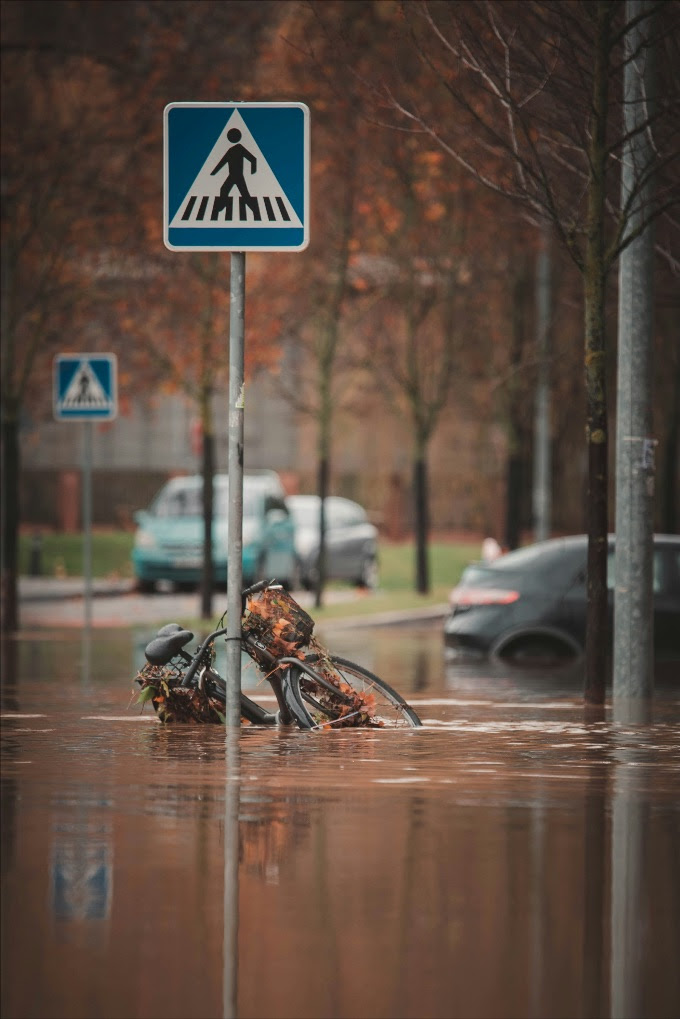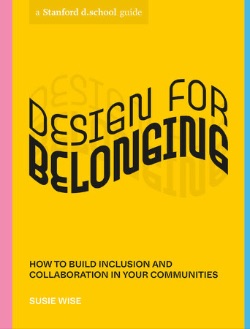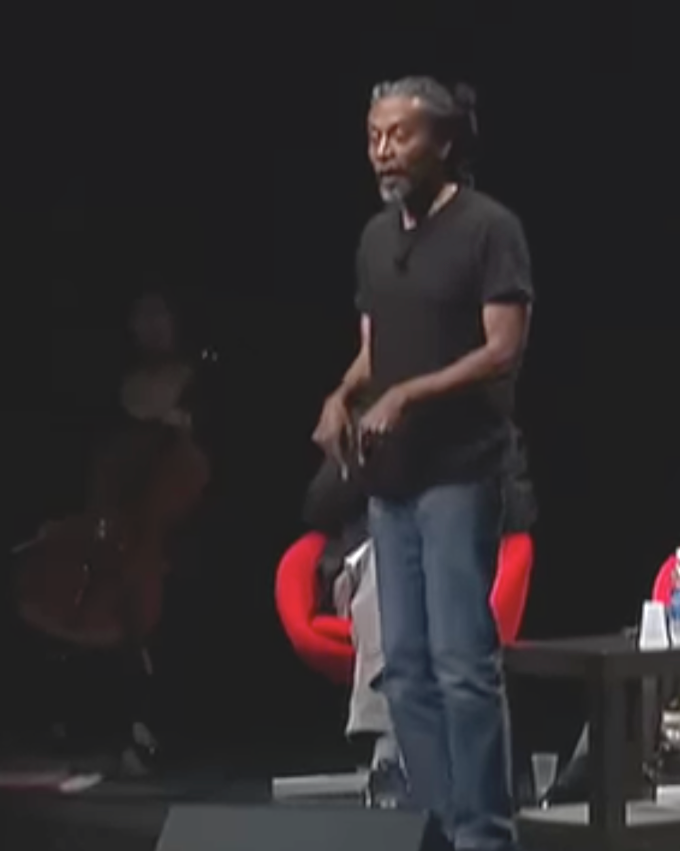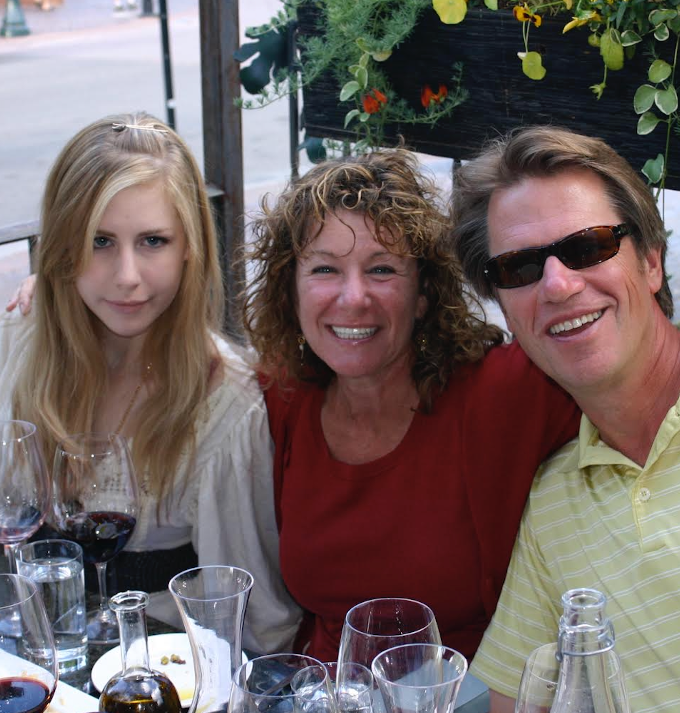July 4, 2025
Learning
Apocalypses destroy old worlds, but they also create new ones.

Photo by Juan Manuel Sanchez on Unsplash
Science journalist Lizzie Wade challenges the idea that apocalypses are solely about destruction. Instead, she argues they can be moments of transformation—times when societies collapse but also rebuild, sometimes in better ways.
Wade defines an apocalypse as a sudden, massive loss that forces societal change. History shows that people often survive these events and use them to reshape the future. From ancient pandemics to the fall of empires, catastrophes have not only dismantled old systems but also opened the door for more equitable societies to emerge.
Crucially, survival has often depended on community and cooperation—not just competition.
The overlapping crises we face today—climate change, pandemics, economic instability, political polarization, war, and ecological collapse—can be understood through a deeper, older meaning of apocalypse: not merely a disaster, but an unveiling. I find comfort in Wade’s message: rather than only fearing collapse, we can confront it with honesty and use it as a chance to build something better, as people have done throughout history.
ARTICLE: The Ancient Role of Catastrophe in Forging Better Futures




